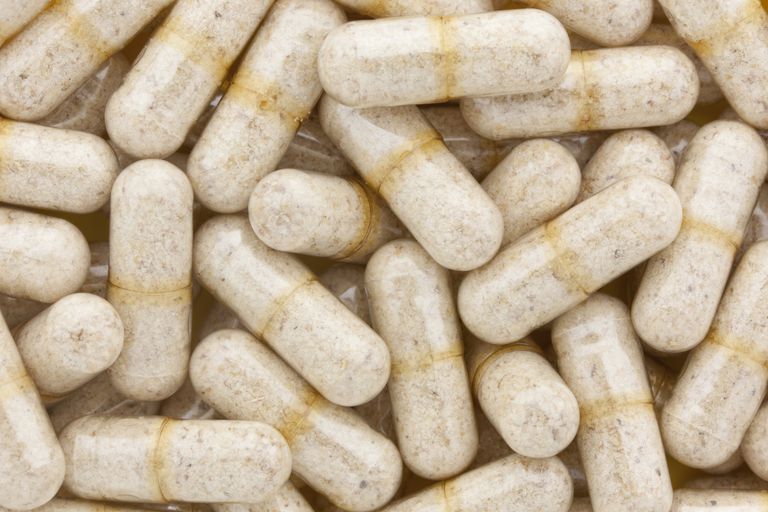
Benefits of Liquorice Supplements
Liquorice, also spelled as licorice, is a perennial herb native to the Mediterranean region and parts of Asia. Its scientific name is Glycyrrhiza glabra, and it belongs to the Fabaceae family. Liquorice root has been used for thousands of years in traditional medicine systems such as Ayurveda, Traditional Chinese Medicine (TCM), and Western herbalism due to its numerous health benefits. Liquorice supplements, derived from the root of the liquorice plant, have gained popularity in modern times for their potential therapeutic effects. This comprehensive guide explores the diverse benefits of liquorice supplements, drawing upon both traditional knowledge and contemporary scientific research.
Historical and Cultural Significance
Liquorice has a rich history of use spanning millennia. It was highly valued in ancient civilizations such as Mesopotamia, Egypt, Greece, and Rome for its medicinal properties and sweet flavor. The ancient Greeks and Romans used liquorice to treat various ailments, including respiratory conditions, digestive issues, and skin problems. In Traditional Chinese Medicine (TCM), liquorice, known as “gan cao,” is considered one of the most important herbs and is used to harmonize herbal formulas, tonify the spleen and stomach, and address coughs and sore throats. Liquorice has also been used in Ayurveda for its rejuvenating and balancing properties.
Digestive Health
One of the primary benefits associated with liquorice supplements is their ability to support digestive health. Liquorice contains glycyrrhizin, a compound with anti-inflammatory and soothing properties that can help relieve symptoms of indigestion, heartburn, and acid reflux. Additionally, liquorice root stimulates the production of mucin, a protective layer in the stomach lining, which can help prevent and heal gastric ulcers. Liquorice supplements are often used to promote healthy digestion, alleviate symptoms of gastrointestinal discomfort, and support overall digestive function.
Respiratory Health
Liquorice supplements may also support respiratory health and provide relief from respiratory conditions such as coughs, colds, and bronchitis. Liquorice contains compounds that have expectorant, antitussive, and antimicrobial properties, making it beneficial for clearing congestion, reducing inflammation, and soothing irritated mucous membranes. The glycyrrhizin in liquorice root has been shown to have antiviral activity against respiratory viruses, including influenza and respiratory syncytial virus (RSV). Liquorice supplements are often used in herbal remedies and cough syrups to relieve symptoms of respiratory infections and promote respiratory wellness.
Immune System Support
Liquorice is believed to have immune-modulating effects, meaning it can help regulate and support the immune system. The bioactive compounds found in liquorice, including glycyrrhizin, flavonoids, and polysaccharides, have been shown to enhance immune function by stimulating the activity of immune cells and increasing the production of antibodies. Regular consumption of liquorice supplements may help strengthen the immune response, reduce the risk of infections, and promote overall health and well-being.
Anti-inflammatory Effects
Liquorice exhibits potent anti-inflammatory properties, which may help reduce inflammation and alleviate pain associated with various health conditions. Glycyrrhizin and other compounds found in liquorice root inhibit the activity of pro-inflammatory enzymes and cytokines, helping to suppress inflammation and reduce swelling. Liquorice supplements are often used to alleviate symptoms of inflammatory conditions such as arthritis, rheumatism, and inflammatory bowel disease (IBD). Additionally, liquorice may help relieve pain and discomfort associated with sore throats, dental problems, and skin conditions.
Hormonal Balance
Liquorice supplements may help support hormonal balance, particularly in women. Liquorice contains phytoestrogens, plant-based compounds that have estrogen-like effects in the body. These phytoestrogens can help regulate hormonal fluctuations and alleviate symptoms of hormonal imbalances, such as menstrual irregularities, PMS (premenstrual syndrome), and menopausal symptoms. Additionally, liquorice may help support adrenal function and cortisol production, which can help improve energy levels, reduce stress, and support overall hormonal health.
Skin Health
Liquorice supplements offer benefits for skin health and may help improve various skin conditions. Liquorice contains compounds that have antioxidant, anti-inflammatory, and antimicrobial properties, making it beneficial for treating acne, eczema, psoriasis, and other inflammatory skin conditions. Liquorice can help reduce inflammation, soothe irritation, and inhibit the growth of acne-causing bacteria. Additionally, liquorice may help lighten hyperpigmentation and reduce the appearance of dark spots and scars.
Usage and Dosage
Liquorice supplements are available in various forms, including capsules, tablets, extracts, and teas. The appropriate dosage can vary depending on the specific health goal and individual factors such as age, weight, and overall health status. It’s important to follow the manufacturer’s instructions or consult a qualified healthcare practitioner to determine the appropriate dosage for you.
Safety and Side Effects
While liquorice supplements are generally considered safe for most people when used as directed, they can cause side effects in some individuals, particularly when consumed in large amounts or over a prolonged period. Excessive consumption of liquorice may lead to side effects such as high blood pressure, potassium depletion, fluid retention, and hormonal imbalances. Pregnant and breastfeeding women, individuals with high blood pressure, heart conditions, kidney disorders, or those taking certain medications should use liquorice supplements cautiously and under the guidance of a healthcare provider.
Conclusion
Liquorice supplements offer a wide range of potential health benefits, from supporting digestive and respiratory health to promoting immune function, reducing inflammation, balancing hormones, and improving skin health. Backed by centuries of traditional use and increasingly supported by modern scientific research, liquorice stands out as a valuable herbal supplement for enhancing overall health and well-being. Whether used for specific health concerns or general health maintenance, liquorice supplements can be a beneficial addition to a holistic health regimen. However, it’s important to use liquorice cautiously and consult a healthcare provider to ensure it’s appropriate for your individual health needs and conditions. With its long history of medicinal use and diverse therapeutic effects, liquorice continues to be valued as a natural remedy for promoting vitality, resilience, and longevity.
- Benefits of Liquorice Supplements - April 1, 2024
- Benefits of Lime Flower Supplements - April 1, 2024

